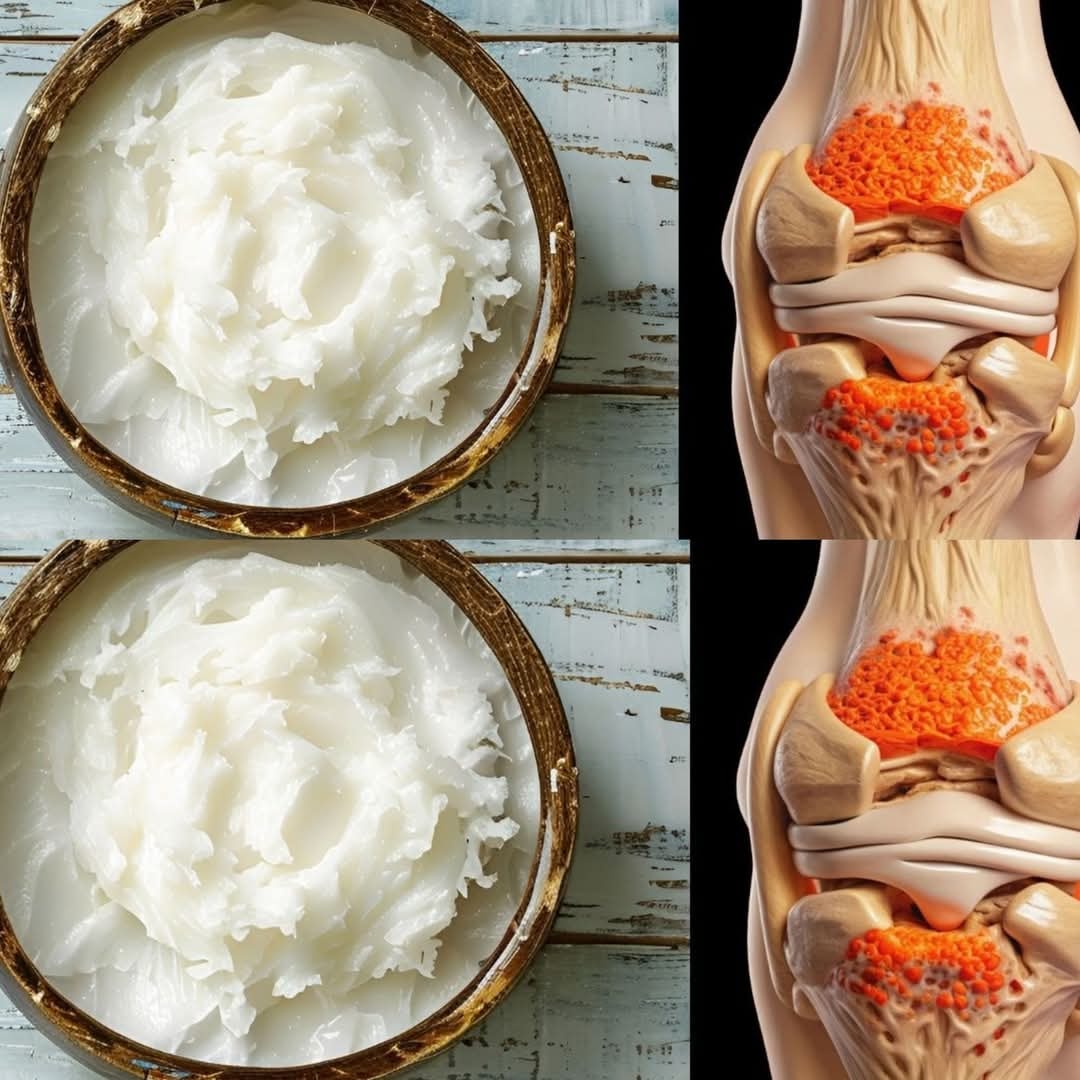ADVERTISEMENT
**How to Use**: Drink a cup of homemade or store-bought bone broth daily or use it as a base for soups and stews.
### 2. **Fatty Fish**
Fatty fish like salmon, mackerel, and sardines are rich in omega-3 fatty acids, which have anti-inflammatory properties that can help reduce joint pain and stiffness. Omega-3s also play a role in cartilage repair and protection by supporting the production of collagen and reducing the breakdown of cartilage.
**How to Use**: Aim to eat at least two servings of fatty fish per week. You can bake, grill, or pan-sear them for a nutritious and delicious meal.
### 3. **Leafy Greens**
Leafy greens such as spinach, kale, and Swiss chard are high in vitamins, minerals, and antioxidants that help reduce inflammation and support cartilage health. They are particularly rich in vitamin C, which is essential for collagen synthesis. Greens also contain sulfur compounds that contribute to healthy cartilage.
**How to Use**: Add leafy greens to smoothies, salads, soups, or stir-fries to boost your nutrient intake.
### 4. **Berries and Citrus Fruits**
Berries (like strawberries, blueberries, and raspberries) and citrus fruits (such as oranges, lemons, and grapefruits) are rich in antioxidants, particularly vitamin C, which helps protect cartilage from oxidative damage. Vitamin C is also crucial for collagen formation, which is important for maintaining healthy knee cartilage.
**How to Use**: Enjoy a variety of berries and citrus fruits as snacks, in smoothies, or as toppings for yogurt and cereals.
### 5. **Nuts and Seeds**
Nuts and seeds, especially almonds, walnuts, and chia seeds, are excellent sources of omega-3 fatty acids, antioxidants, and vitamins that promote cartilage health. Walnuts, in particular, contain alpha-linolenic acid (ALA), a type of omega-3 fatty acid that can help reduce inflammation in the joints.
**How to Use**: Snack on a handful of nuts and seeds, or sprinkle them on salads, oatmeal, or yogurt.
### 6. **Garlic and Onions**
Garlic and onions contain sulfur compounds, which are essential for the production of collagen and proteoglycans, both of which are vital for cartilage health. They also possess anti-inflammatory and antioxidant properties that can help protect the joints.
**How to Use**: Add fresh garlic and onions to your cooking or consume them raw for maximum benefits.
### 7. **Turmeric and Ginger**
Turmeric and ginger are powerful anti-inflammatory spices that can help reduce joint pain and inflammation. Curcumin, the active compound in turmeric, has been shown to inhibit the enzymes that break down cartilage, while ginger helps improve circulation and reduce swelling.
**How to Use**: Add turmeric and ginger to smoothies, soups, curries, or teas for a flavorful and anti-inflammatory boost.
### 8. **Collagen-Rich Foods**
In addition to bone broth, collagen-rich foods like chicken skin, turkey, and fish skin are great for supporting knee cartilage repair. These foods provide bioavailable collagen, which is essential for maintaining the strength and flexibility of cartilage.
**How to Use**: Incorporate collagen-rich foods into your diet by using chicken with skin or adding fish skin to your meals.
### 9. **Avocados**
Avocados are rich in healthy fats, particularly monounsaturated fats, which help reduce inflammation in the joints. They also contain vitamin E, a powerful antioxidant that can help protect cartilage from oxidative damage and support overall joint health.
**How to Use**: Add avocado slices to salads, sandwiches, or toast, or blend them into smoothies for a creamy texture.
### 10. **Beans and Legumes**
Beans and legumes are excellent sources of plant-based protein and fiber, which are important for overall joint health. They are also rich in antioxidants and anti-inflammatory compounds that help protect cartilage.
**How to Use**: Include beans, lentils, and chickpeas in soups, salads, stews, or veggie burgers.
—
## 6. Anti-Inflammatory Foods for Joint Health
In addition to
